How to create & use pro forma statements
Cube Software
MAY 11, 2023
They're constructed to answer specific questions relevant to one or more of the financial statements. Pro forma income statement The income statement (also known as the profit & loss or P&L statement) mainly evaluates revenue and operating expenses, along with other metrics related to each like cost of goods sold (COGS) or net income.


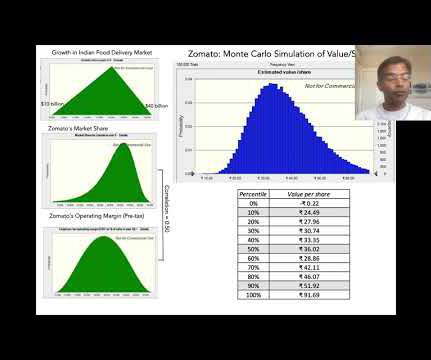
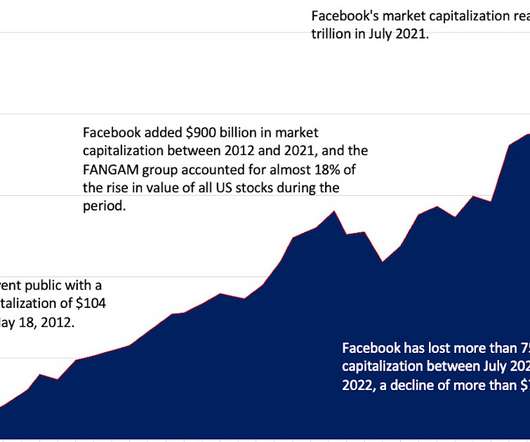
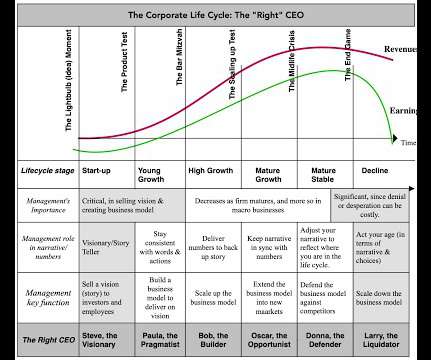




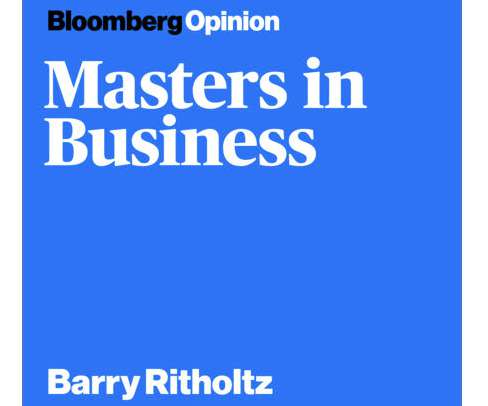
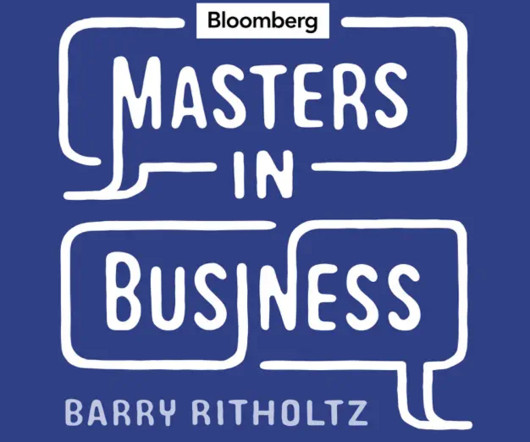








Let's personalize your content